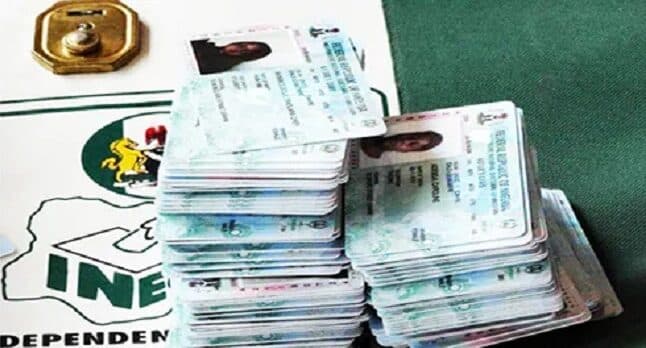In a move aimed at enhancing inclusion and accessibility, the World Bank Country Director for Nigeria, Shubham Chaudhuri, has unveiled an ambitious plan to collaborate with the National Identity Management Commission (NIMC) for the successful rollout of digital national IDs for all Nigerians. Chaudhuri announced the partnership during a dinner event in Abuja, held in conjunction with the Ministry of Communications and Digital Economy.
The primary objective of this collaboration is to provide a digital national ID to at least 148 million working-age Nigerians by mid-2024. This monumental initiative is anticipated to serve as a crucial stepping stone towards fostering inclusivity and reducing poverty in the nation.
Chaudhuri underscored the World Bank’s unwavering commitment to eradicating poverty, enhancing livelihoods, and generating employment opportunities, particularly for Nigeria’s youthful population. He emphasized the pivotal role of digital technologies in driving transformative change and revealed two key areas of collaboration with Nigeria.
Chaudhuri stated, “Our core mission in Nigeria is centered around alleviating poverty, improving livelihoods, and creating jobs for the nation’s youth. One of the most promising avenues for achieving these objectives lies in harnessing the potential of digital technologies for transformation. This journey begins with the implementation of a digital national ID.”
He further elaborated, “Our primary partnership involves working closely with NIMC to facilitate the seamless registration and issuance of digital national IDs to the entire Nigerian population—estimated at 213 to 220 million. Our initial focus is on equipping working-age individuals with this digital identity, with a target of reaching at least 148 million by the middle of the next year.”
Chaudhuri also highlighted a second collaborative endeavor, emphasizing the importance of broadband infrastructure in bridging the digital divide. He commended the government’s efforts to implement favorable policies and regulations to attract private investments in broadband connectivity. He pointed out specific initiatives, such as reducing right of way fees for fiber optic cable operators, as steps in the right direction.
On a related note, the Minister of Communications and Digital Economy, Bosun Tijani, divulged that the government has secured access to around $500 million in funding for a local funding program. This program is aimed at stimulating innovation and entrepreneurship within Nigeria’s burgeoning digital sector.
Tijani articulated the government’s strategy to localize the funding within Nigeria, ensuring that genuine Nigerian enterprises reap the benefits. Collaborating with the Bank of Industry (BOI), the government seeks to bolster the growth and development of indigenous businesses, thereby contributing to the nation’s economic advancement.
The minister assured the public that the initial $500 million is just the starting point. He reiterated the government’s commitment to attracting additional investors to amplify the available resources for supporting Nigerian innovators.
Tijani emphasized, “Part of my responsibilities is working with BOI to ensure that we keep this funding within Nigeria’s borders, collaborating with firms that specialize in managing and investing in local businesses. As time progresses, we anticipate that the funding will expand, enabling us to provide more resources to our innovators.”
He further underlined the government’s intention to leverage these funds to attract further investment and bolster resources for homegrown entrepreneurs, ultimately fueling economic progress.










